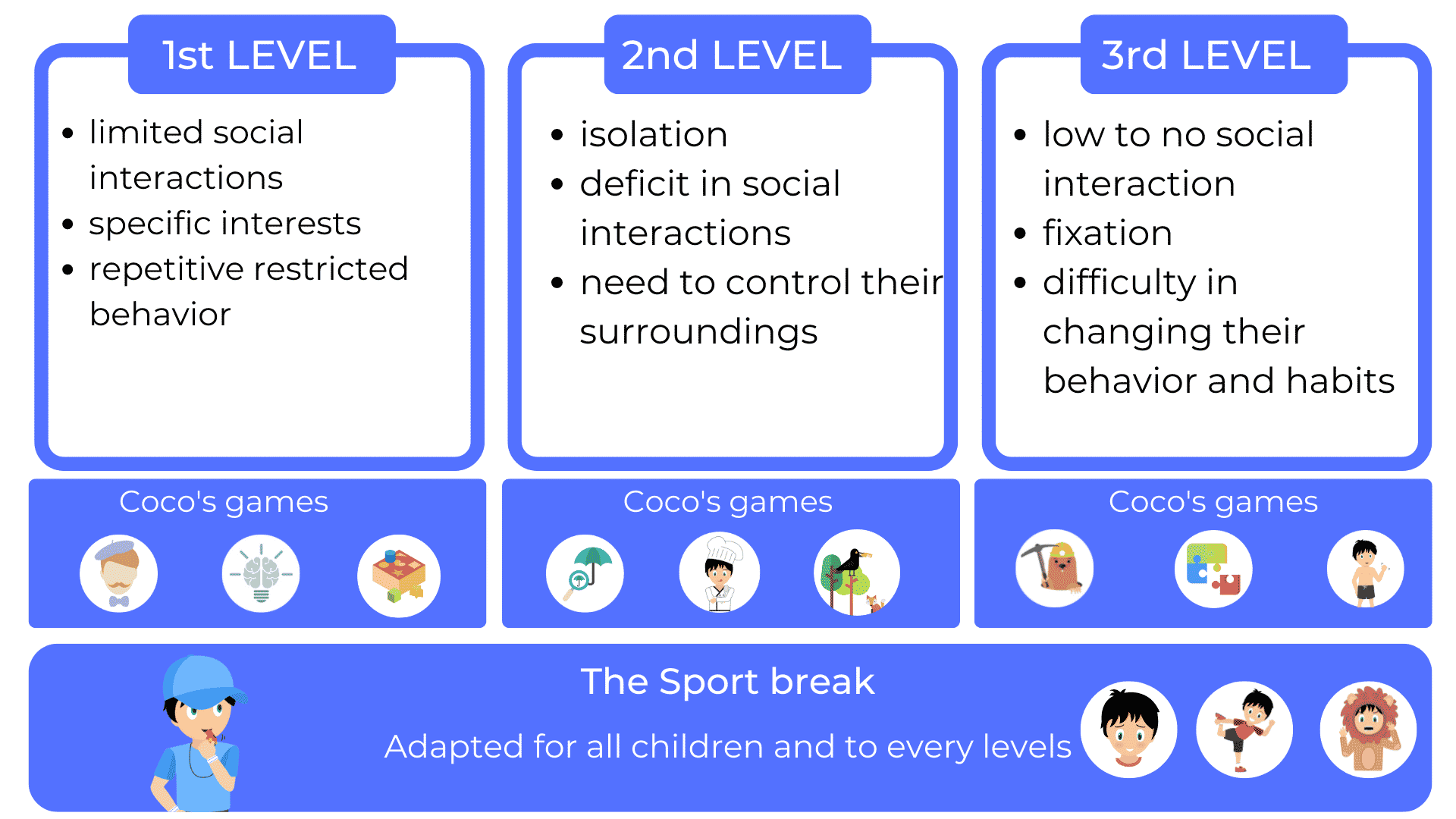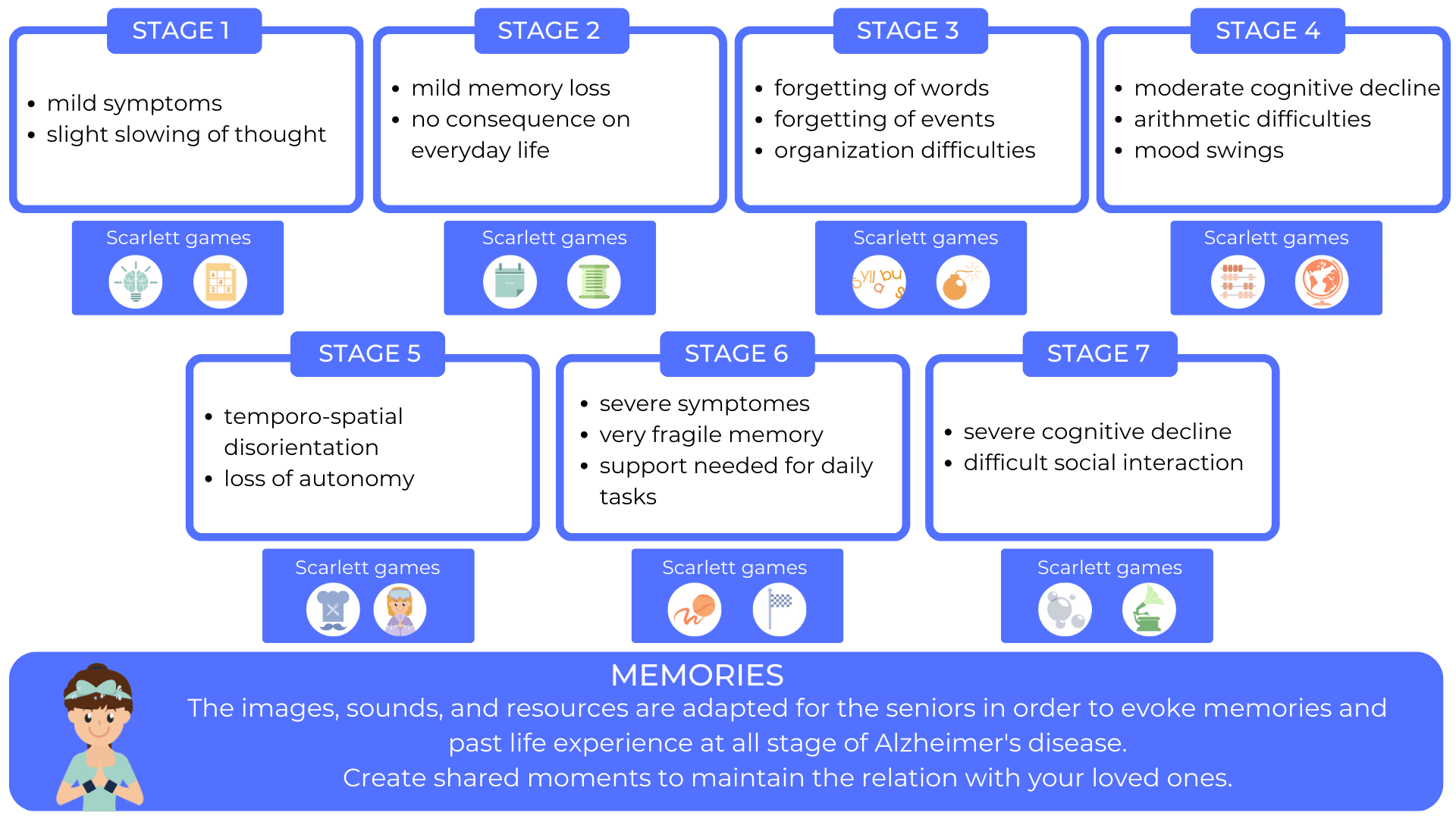Neural plasticity is a term used to describe the brain’s ability to change in response to experience and the environment. Scientists have discovered that the brain is capable of changing and adapting to new situations throughout life. This means that even adults and seniors can improve their brains by stimulating their neural plasticity. In this article, we will explore neural plasticity in detail and examine how it can be improved.
What is neural plasticity?
Neural plasticity refers to the brain’s ability to change and adapt in response to experience and the environment. Neurons, or brain cells, can form new connections and change their structure in response to new stimuli. For example, when we learn new skills, such as playing a musical instrument or learning a foreign language, our brain changes its structure to integrate this new knowledge.
There are two main types of neural plasticity: short-term plasticity and long-term plasticity. Short-term plasticity occurs when neurons change their activity in response to a stimulus, but return to their initial state once the stimulus has ceased. Long-term plasticity, on the other hand, occurs when changes in neuronal connections are more durable and persistent.
Neuronal plasticity in children
Neural plasticity is particularly important in children, as their brains are constantly developing. Children are able to learn new skills faster than adults because their brains are more plastic. For example, children can learn to speak a foreign language more easily than adults because their brains are able to form new connections more easily.
Stimulation of neural plasticity in children can be encouraged through social interaction, games and creative activities. Activities that stimulate children’s curiosity and creativity can also improve their neural plasticity.
Neural plasticity in adults and seniors
Although neural plasticity is most important in children, it can also be encouraged in adults and seniors. Studies have shown that cognitive and physical stimulation can improve neural plasticity in adults. For example, learning a new musical instrument, playing a new sport or reading regularly can help stimulate neural plasticity in adults.
Adults can also improve their neural plasticity by avoiding monotonous and repetitive activities. Activities that stimulate creativity, curiosity and lifelong learning can help improve neural plasticity.
Seniors can also benefit from the stimulation of neural plasticity. Studies have shown that physical and cognitive activities can improve neural plasticity in seniors and reduce the risk of cognitive decline.
Disorders related to neuronal plasticity
Supporting children with Autism
Disorders related to neural plasticity can impact brain development and function. For example, autism spectrum disorders (ASD) can affect neural plasticity, which can lead to difficulties in social interactions and communication.
Supporting seniors with Alzheimer’s
Similarly, memory-related disorders, such as Alzheimer’s disease, are also associated with impaired neuronal plasticity. This can lead to memory loss and other symptoms associated with the disease.
How to improve neural plasticity
It is possible to improve neural plasticity at any age by stimulating the brain through cognitive, physical and social activities. Here are some methods to stimulate neural plasticity:
- Physical exercise: Regular exercise has been associated with improved neural plasticity. Activities such as walking, swimming, yoga and dancing can help stimulate the brain by increasing blood flow and oxygen to the brain.
- Games and cognitive activities: Board games, puzzles, riddles and video games can help stimulate neural plasticity by encouraging thinking, concentration and creativity.
- Lifelong learning: Learning new skills, such as playing a musical instrument or learning a foreign language, can help stimulate neural plasticity by encouraging the formation of new neural connections.
- Social interaction: Social interaction is important for neural plasticity, especially in children. Activities such as group games, team sports and creative projects can help stimulate neural plasticity in children and adults.
In conclusion, neural plasticity is a key feature of the brain that allows it to adapt to changes in the environment and experience. It can be stimulated throughout life by cognitive, physical and social activities. Children, adults and seniors can all benefit from stimulating neural plasticity to improve their cognitive functioning and overall well-being.
CLINT, your brain coach
Brain training programs
There are many ways to exercise your memory and cognitive functions. Daily practice of brain exercises reduces the risk of neurological disorders, as some programs act on all cognitive functions.
The CLINT Brain Training program was designed specifically for adults to keep the brain healthy through fun and challenging brain exercises. It has over 30 cognitive games and targets concentration, focus, reflexes, language and many other cognitive functions.
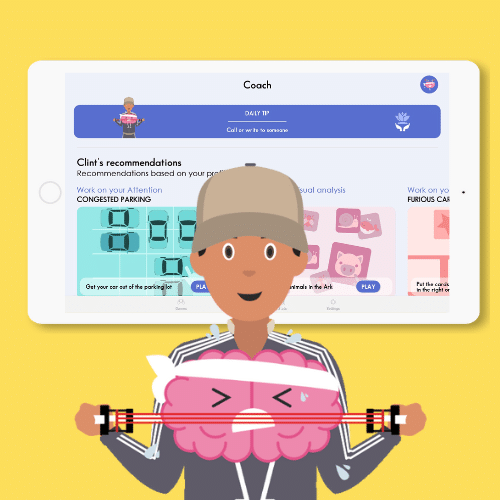
Puzzle
In this game you have to solve a puzzle.
By working on the organization of the parts, we improve neural plasticity. In addition, it is necessary to look at the overall image and the details of each room at the same time. The images are varied and at the end of the game you can find a description of the image. This allows you to increase your knowledge and therefore to learn!

Snowball effect
In this game you have to touch an arrow to trigger a snowball effect.
When clicking an arrow, a ball starts in the direction indicated by the arrow and changes direction when it meets the next arrow. This game makes you work on cause-effect and reasoning since you have to think about the trajectory of the ball and anticipate the whole course.
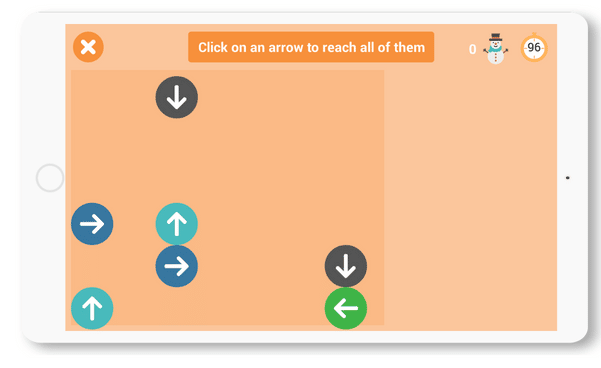
Calculus
In this game you have to solve mental calculations.
Mathematics is very useful for neural plasticity since you have to manipulate numbers to find the result. Some of Clint ‘s games can be played with two players. In this way you interact with others, which, as we have seen in this article, is another useful activity.
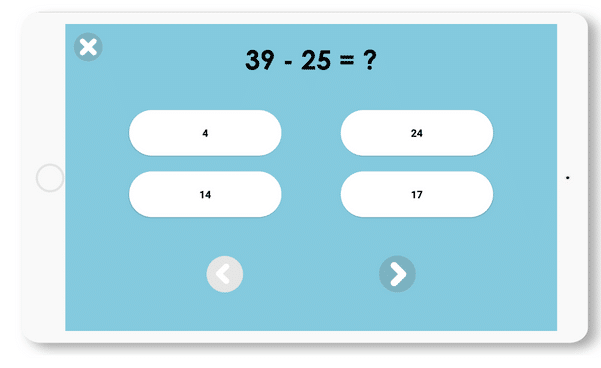
Other articles that might interest you:
How Parents Can Contribute to Teacher Training
As we delve into the realm of education, it becomes increasingly clear that teacher training is not merely a...
Differentiated Instruction Approaches: Training and Practical Application
Differentiated instruction is a pedagogical approach that recognizes the diverse needs of students in a classroom. It...
Key Skills Teachers Need to Support Students with Special Needs
As we embark on our journey to support children with special needs, it is essential for us to cultivate a deep...


